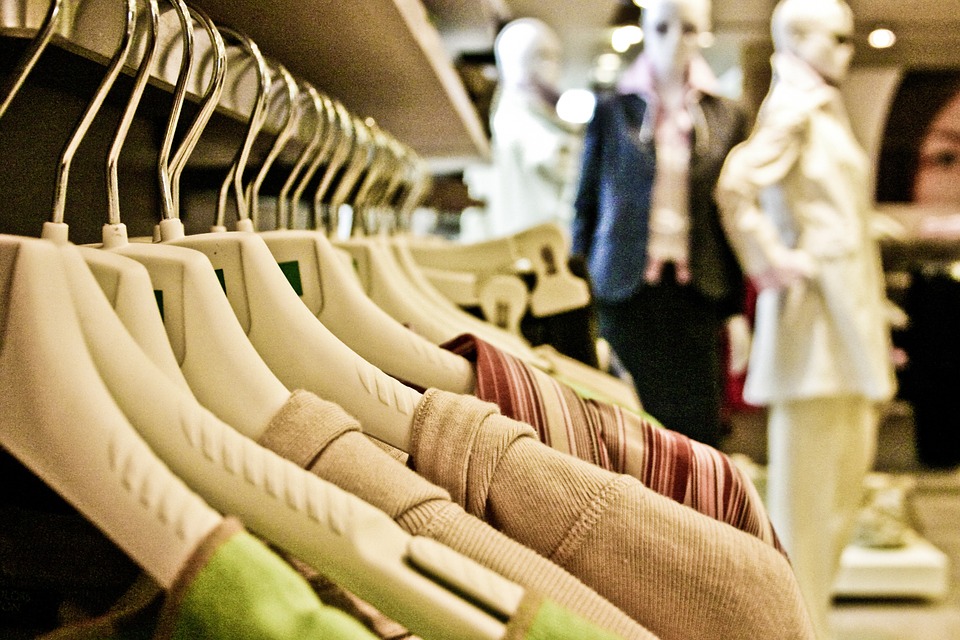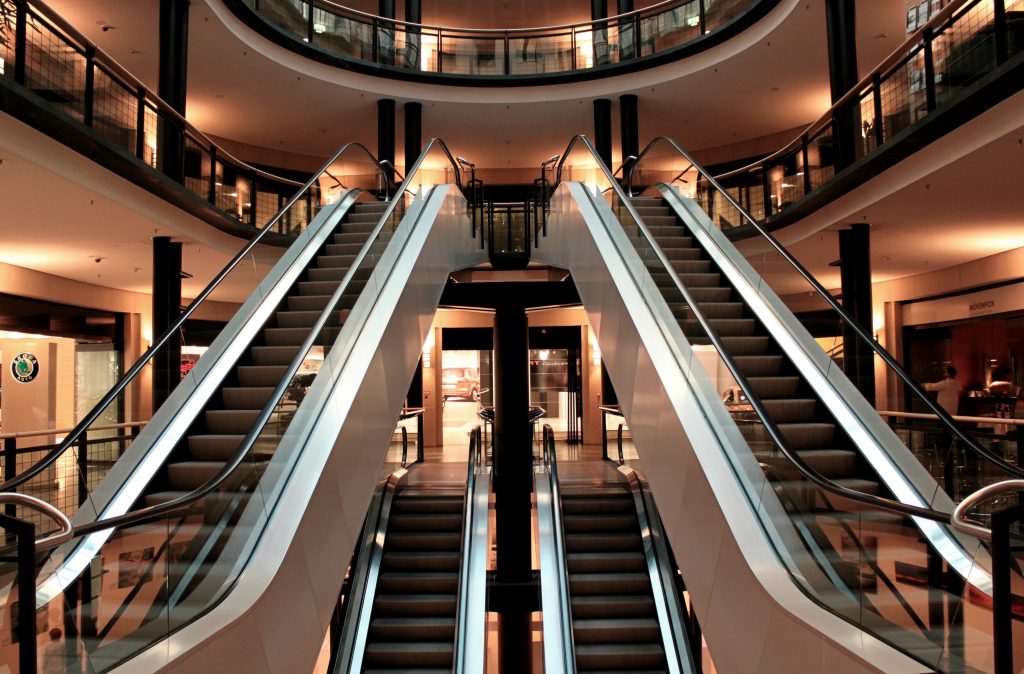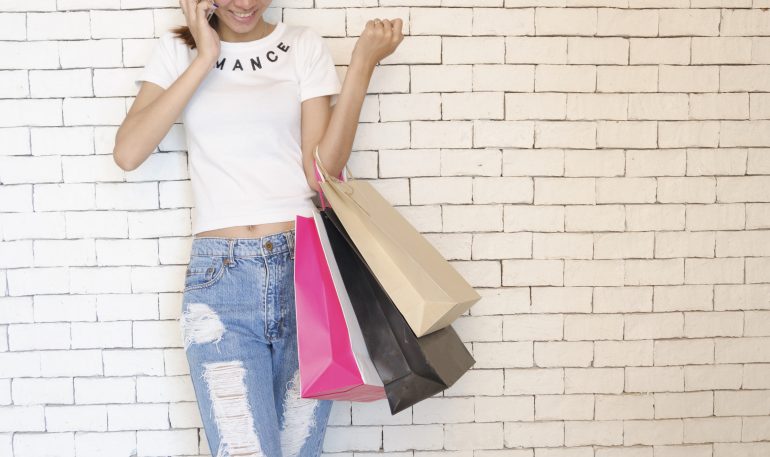Imagine: your boyfriend asks you to go shopping because it’s so enjoyable; there are no more dreadful checkout lines to wait in; same-day delivery is the standard; and you know exactly how something will look on you as well as how it will supplement your closet without ever trying on the clothes. That’s the future of retail.
In 2013, Shums Kassam and I ventured out to create a startup at the beginning of this revolutionary retail world. We placed our bet on a company where fashion meets machine learning: an app that was instant, personalized, and smart. We built a fashion app called Blynk, your personal stylist in your pocket. Swipe right if you like the outfit, swipe left if you don’t – Blynk learned your style with every swipe and would recommend you full outfits that you could buy.

Blynk received millions of swipes a month and was able to generate hundreds of outfits per second out of thin air. To a consumer, or even a retail buyer, outfits looked as if a personal stylist had hand-picked the items and matched them together. In actuality, a machine was able to tell that polka dots and paisley matched together was a no-no, and wearing a turtleneck under a leather jacket would be a great layering pair.
The technology we built gained the interest of major fashion brands, who could use this technology to automate outfitting, as well as the interest of major mobile messaging app Kik, where fashion chatbots were the next big thing for its 300 million+ teen user base. Blynk eventually got acquired by Kik in 2015 and our team built some of the first few chatbots on Kik, which used Blynk’s technology to recommend products and outfits via an automated chat.
Once efficiency and seamlessness is integrated into all stores, retailers will need to compete on customer experience in order to differentiate.
Blynk joining the Kik team was a bet that the future of chat would play a large part in the way the retail industry would move on to mobile and create omni-channel experiences. In only the last 18 months, some chat apps have integrated payments on their platforms (like Facebook Messenger) and several retail brands (e.g. Burberry, Taco Bell, and Sephora) have built chatbots to enhance and personalize their customers’ experiences. Over the next couple of years, we will see chatbots replacing apps and driving significant transactions on mobile.
At the end of 2016, Amazon showed a sneak peak into their vision of the future of offline shopping – a combination of computer vision, deep learning algorithms, and sensor fusion. Customers would be able to “grab and go” at an Amazon Go store and checkout would happen automatically through their app. This is a world where shopping is seamless, instant and lineup-free.
Major brick and mortar stores will have to step their offline game up in order to compete with ecommerce giant Amazon. Once efficiency and seamlessness is integrated into all stores, retailers will need to compete on customer experience in order to differentiate. Imagine virtual fitting rooms that let you see how products will look with items you already own or tapping your phone to get a personal shopper to fill your shopping basket with all your needs.

Big retailers have a lot of catching up to do on the ecommerce and mobile commerce side as well. While they may make up a relatively small piece of total sales today, mobile and desktop sales are rapidly growing. In order to compete, retailers will have to invest in technology to make the at-home shopping experience seamless, accommodating, and delightful. VR sets could let you “try on” clothes to see how items look and fit. You could watch a 360° video of how your home would look filled with dream furniture pieces off your Pinterest board.
This is a world where today’s hassles of shopping – long line-ups, incorrect sizing charts online and snobby sales associates – don’t exist. This is a world where we’ll probably be spending a lot more money because of how mindless and quick it will be! The future of retail is undeniably indulgent and exciting.
Discover more alumni predictions at whatsnowwhatsnext.ca.

